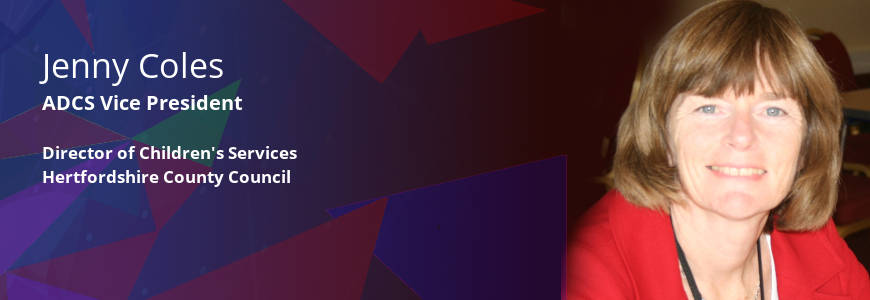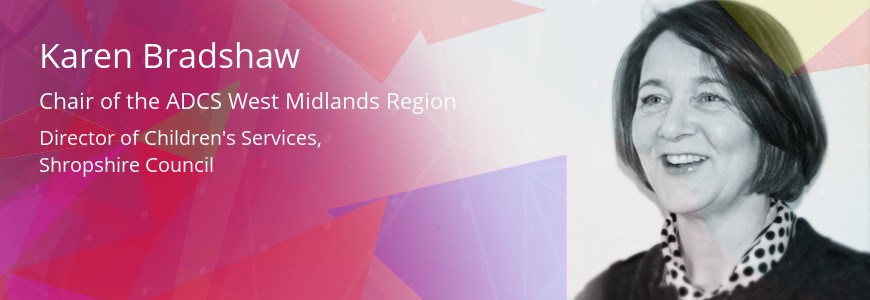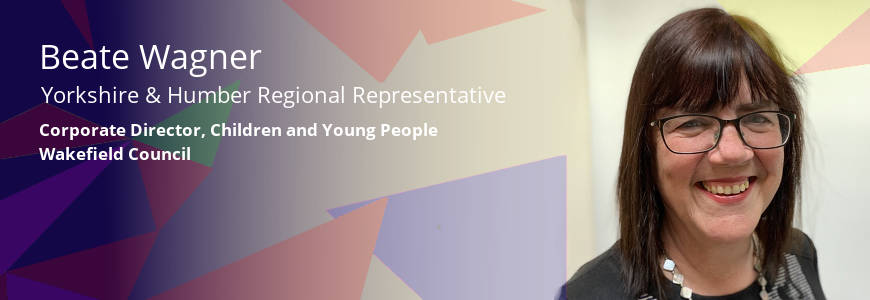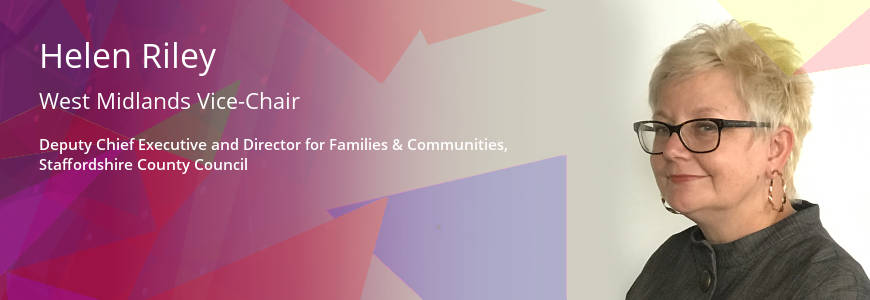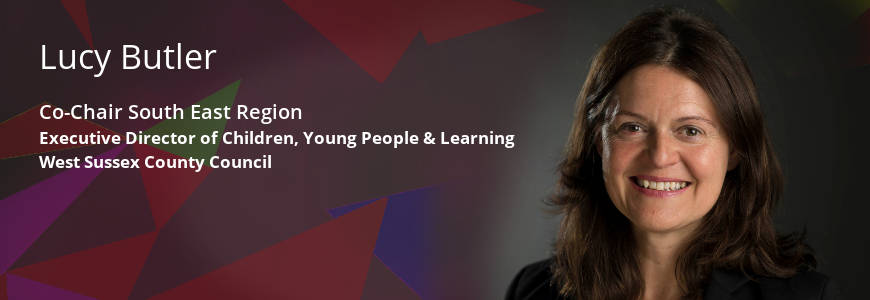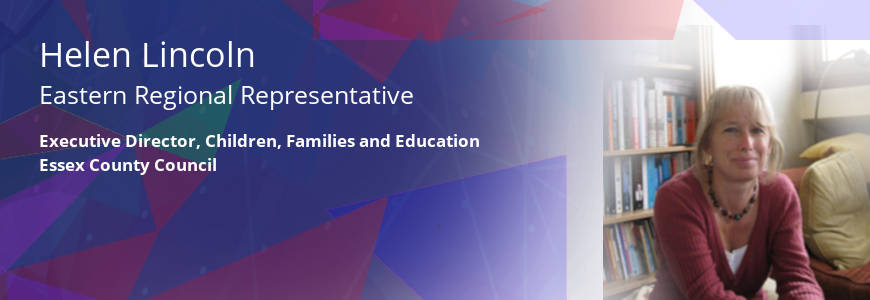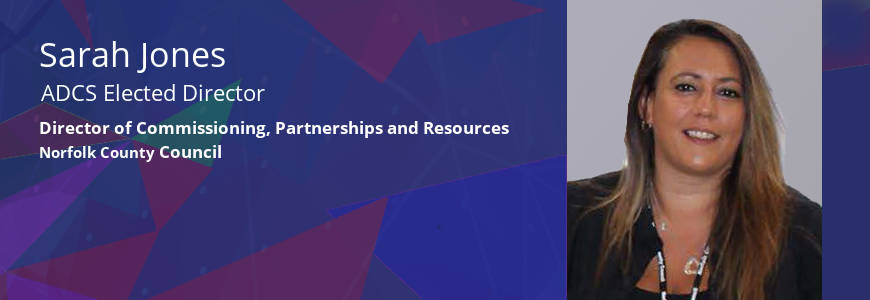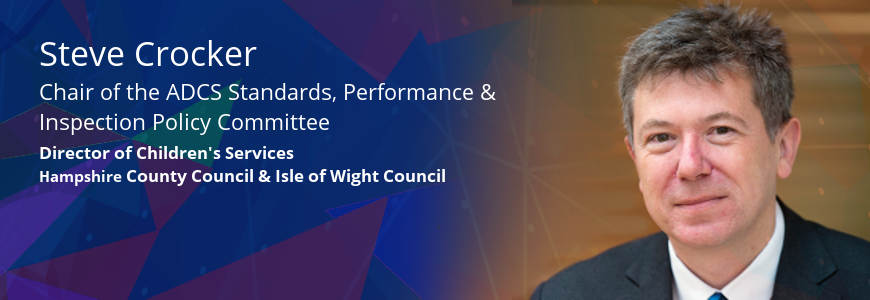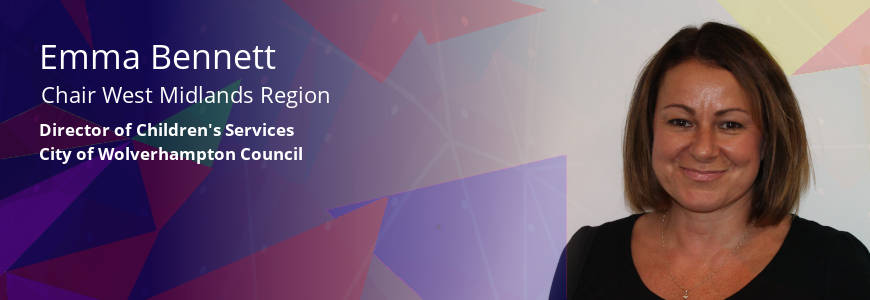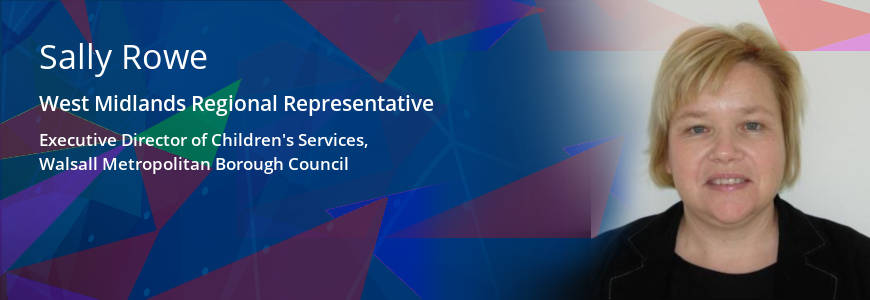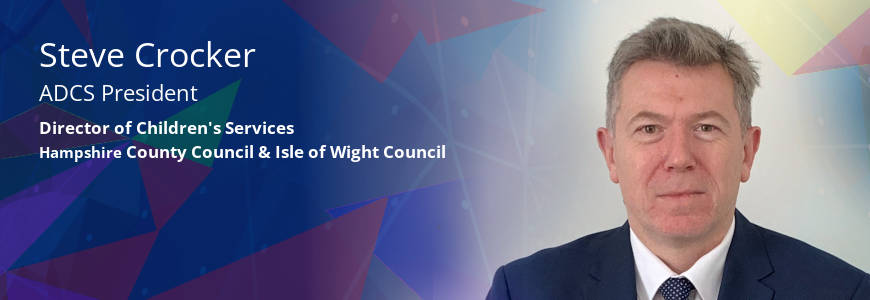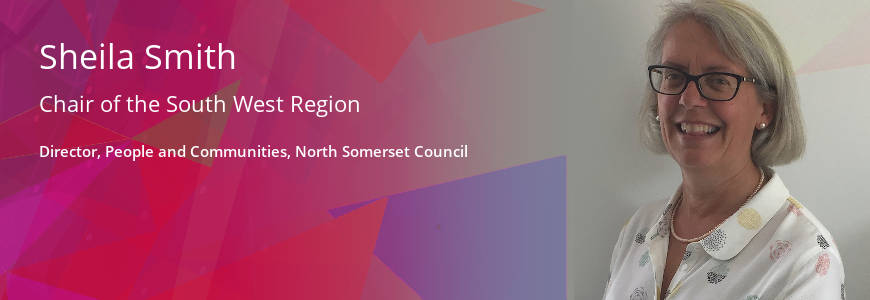Mind the gap
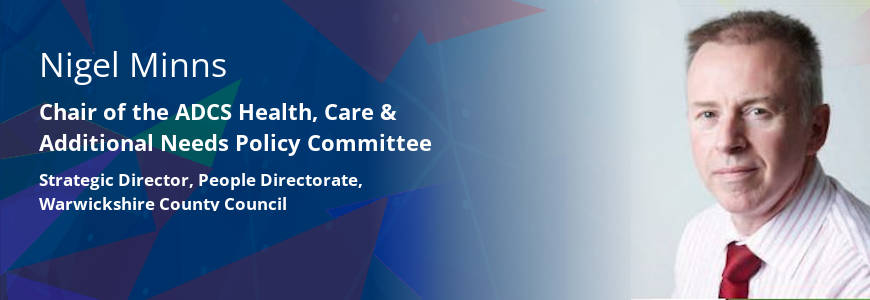
This is my first contribution since being elected as Chair of the Health, Care & Additional Needs (HCAN) Policy Committee. Putting myself forward for this role was a decision not taken lightly. Like all ADCS roles, it consumes a significant amount of time which needs to be found on top of “the day job”. Nevertheless, I was clear that the issues we face in this area and impact on the whole of our services, meaning it was therefore important for me to “step up to the plate”.
At last month’s HCAN meeting we reviewed the recent ADCS Special Thematic Report on Children’s Mental Health published as part of ADCS Safeguarding Pressures research. If you haven’t already, I would urge you to read the full report. The conclusions are sobering. It is clear that we are facing a crisis that will see an exponential increase in demand; this on top of current insufficiencies in the supply of appropriate care for some of our most vulnerable children. Furthermore, and I am sure we have all experienced this, we have a system which is driven by a framework of legislation and pathways and a cohort of children that, put simply, do not fit into the boxes that have been created. In other words, there is a sizable gap between children’s social care and mental health services, and between residential care and tier 4.
From my positions, both as a Director of Children’s Services and as HCAN Chair, it seems that much of the issue could be addressed if we were enabled to create appropriate services that specifically meet the needs of these children. All too often we are unable to wrap partnership support around them until they reach crisis point, and then we are forced to rely on either unregulated settings; Deprivation of Liberty Orders; or, when we can access a bed, secure children’s homes (SCH). All of which may keep children physically safe but cannot do enough to address the underlying need.
In the West Midlands we have a long-held ambition to create a Safe Centre which is more than just the secure children’s home that would serve as its hub. The aim is to augment it with bespoke units that both support reunification to the wider community and offer early support to those who should not enter secure, but sadly often do. This includes many of the children identified in this report. Of course, for this to be effective, we need to step outside of our silos and work collaboratively, across partnerships, which has not proved to be a problem and we have a lively Partnership Board all keen for their services to become involved. However, whilst we are grateful for central government’s continued support for this project, our realising of the vision seems to fall short of the bigger picture, with funding only being available, at this time, for the SCH element. For those of you familiar with the ideas of C. Northcote Parkinson, you might agree that such an approach is likely to only increase the need to match the supply.
I have absolutely no doubt that all professionals in this field, especially those working in the mental health arena, are doing an outstanding job with the tools they have available to them. My plea to central government is that through considering an approach based on need, rather than clinical diagnosis, and focused on early intervention, we give them a more varied toolbox.
As a final note, I absolutely want to echo Steve Crocker’s sentiments in his recent article published in The MJ. In fact, his final comment is worth far more than just echoing, so I will quote it directly:
Children and young people tell us mental health is the number one issue for them, we must show them we are listening.
Related Blog Articles
A few weeks ago in Hertfordshire, we were really pleased to be one of the areas...
In Early Help & Families
After reading a previous ADCS blog written by one of my peers, I decided to...
In General
We are talking about little else at the moment, but I am not talking about...
In General
It was just about two years ago that I took up the role of Director of...
In General
I don’t think we have ever worked in a time where uncertainty and volatility...
In Education
During the pandemic my team were fortunate enough to lead a DfE-funded project,...
In General
This year January has been an important month for me working in Norfolk as the...
In Health
It’s a running joke that the government’s seasons don’t necessarily tally...
In Health
It looks like it’s going to be a busy period for the ADCS Standards,...
In General
The West Midlands ADCS has been quietly unifying over a small but significant...
In General
Today is World Day for Cultural Diversity for Dialogue and Development; more...
In General
Last week it was World Social Work Day and I was privileged to open an event...
In Workforce
A new year, a new beginning with some clarity politically. This is my first blog...
In Education
Well, that was the year that was, to paraphrase a famous satirical TV programme....
In General
I want to start this blog with a quote from Francis of Assisi “Start by doing...

